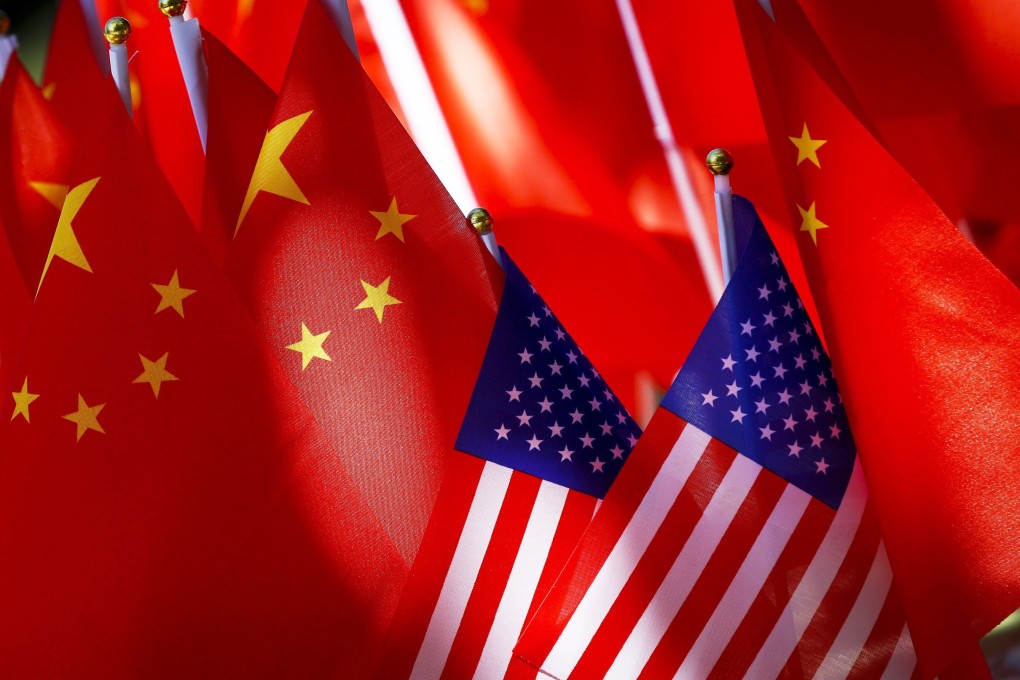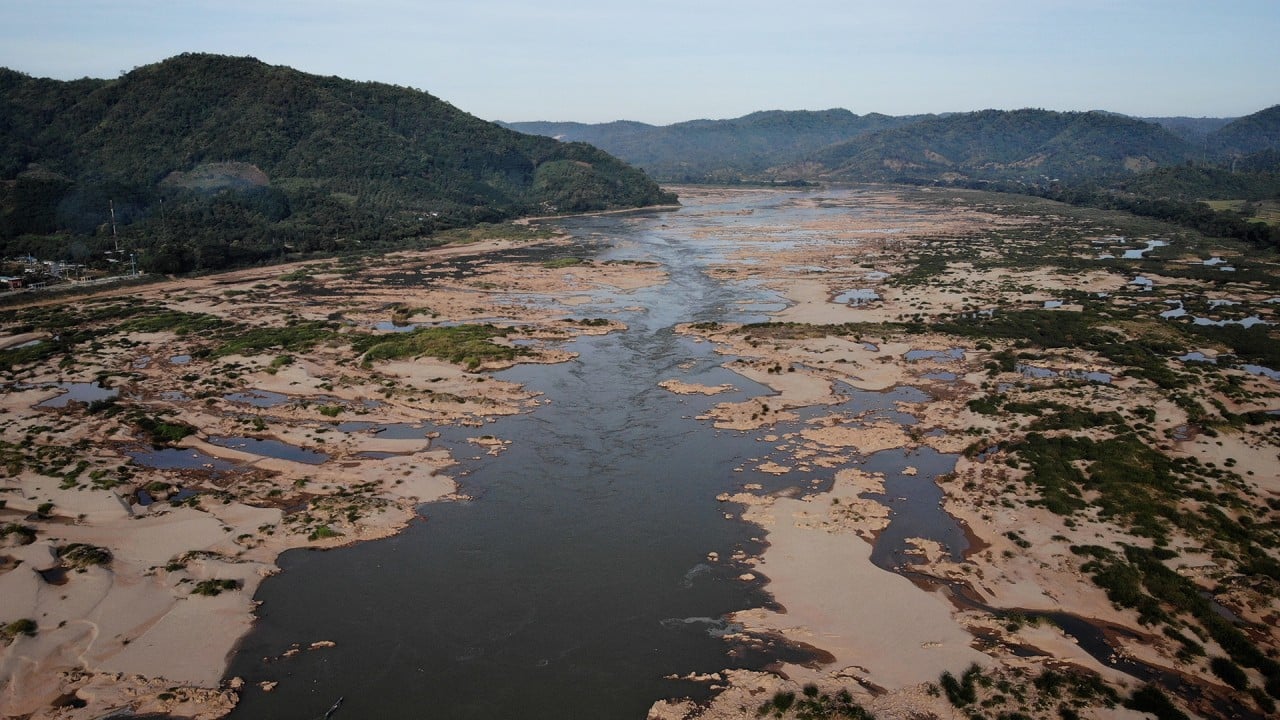Advertisement
Opinion | US-China tensions: Asean should actively address the fallout from their feud
- A cycle of reciprocal aggression between the world’s two largest and most influential powers cannot be the formula for stable or orderly coexistence
- As a relatively neutral set of actors, Asean states should go beyond acting as mediators between the major powers and jointly identify possible solutions
Reading Time:3 minutes
Why you can trust SCMP

The deteriorating state of China-US relations is often presented by both sides as a singular narrative – starkly accusatory of the other’s actions, unequivocally righteous of its own. As the two powers seek to outflank each other on a range of issues amid a global pandemic, neither one seems interested in accepting responsibility for its own decisions or being accountable to the rest of the interconnected world.
Advertisement
Since the consequences of this rupture reverberate beyond China and the United States, it is unclear if a feasible way of life to preserve multilateralism and international cooperation remains.
China’s re-immersion into international society during the past few decades has elicited both awe and concern. Its rise from an insular, largely agrarian economy to a global technology giant in just four decades is nothing short of remarkable. However, its approach and behaviour have increasingly become the subject of more excoriation than praise.
Apart from the numerous bilateral problems between China and the US, recent reports of the mass surveillance and internment of Uygurs in Xinjiang, China’s deadly border clash with India and the imposition of a new national security law in Hong Kong suggest a more bellicose approach from China towards states other than the US.
The effects of China’s damming the Mekong on its downstream neighbours hint at mainland Southeast Asia emerging as the next flashpoint for regional tensions and great power competition. Several Southeast Asian states are taking a stronger stance against China’s jettisoning of international law. Indonesia, Malaysia and Vietnam – this year’s Asean chair – have all pushed back against China’s expansive claims in the South China Sea.

02:31
Have China’s dams been drying up the Mekong River or is low rainfall to blame?
Have China’s dams been drying up the Mekong River or is low rainfall to blame?
China, therefore, is sometimes its own worst enemy. Yet, it is problematic to understand China’s actions without also considering those of the United States. Although US policy is not premised on determining “a particular end state for China”, Secretary of State Mike Pompeo’s resolve to induce change in China and the insistence on distinguishing the Communist Party from “China or her people” point to a desire to delegitimise the ruling party.
Advertisement

Advertisement

